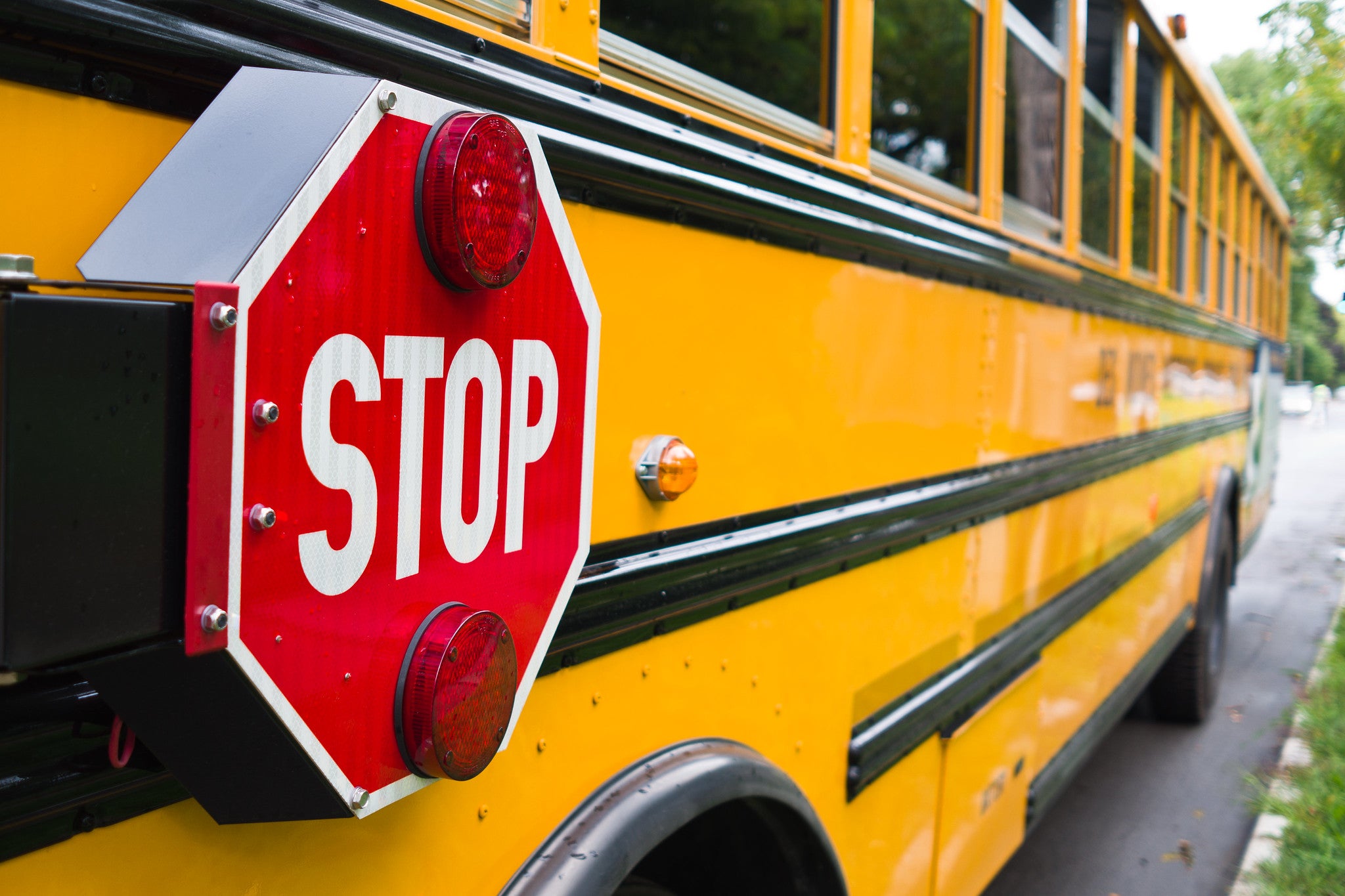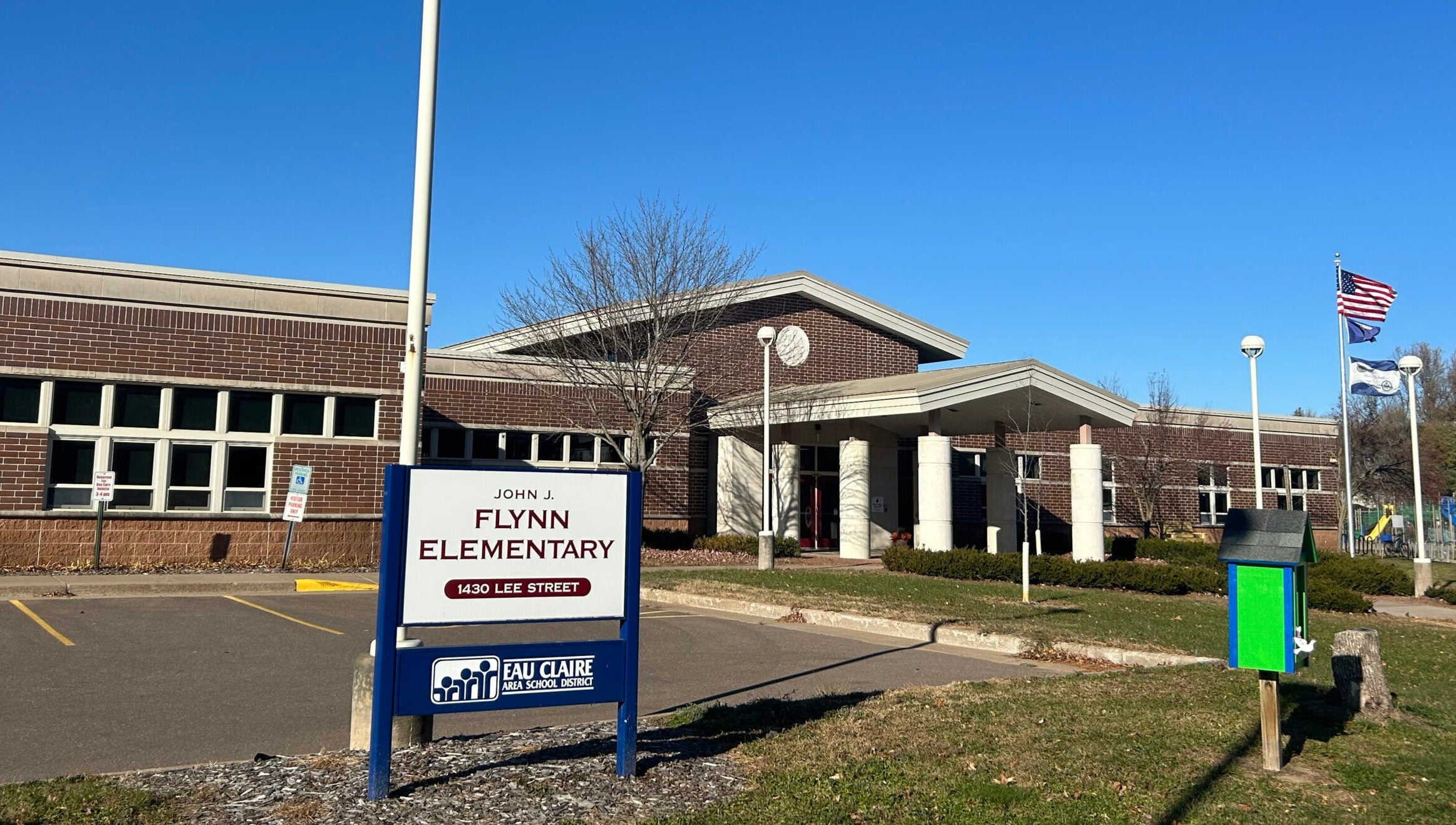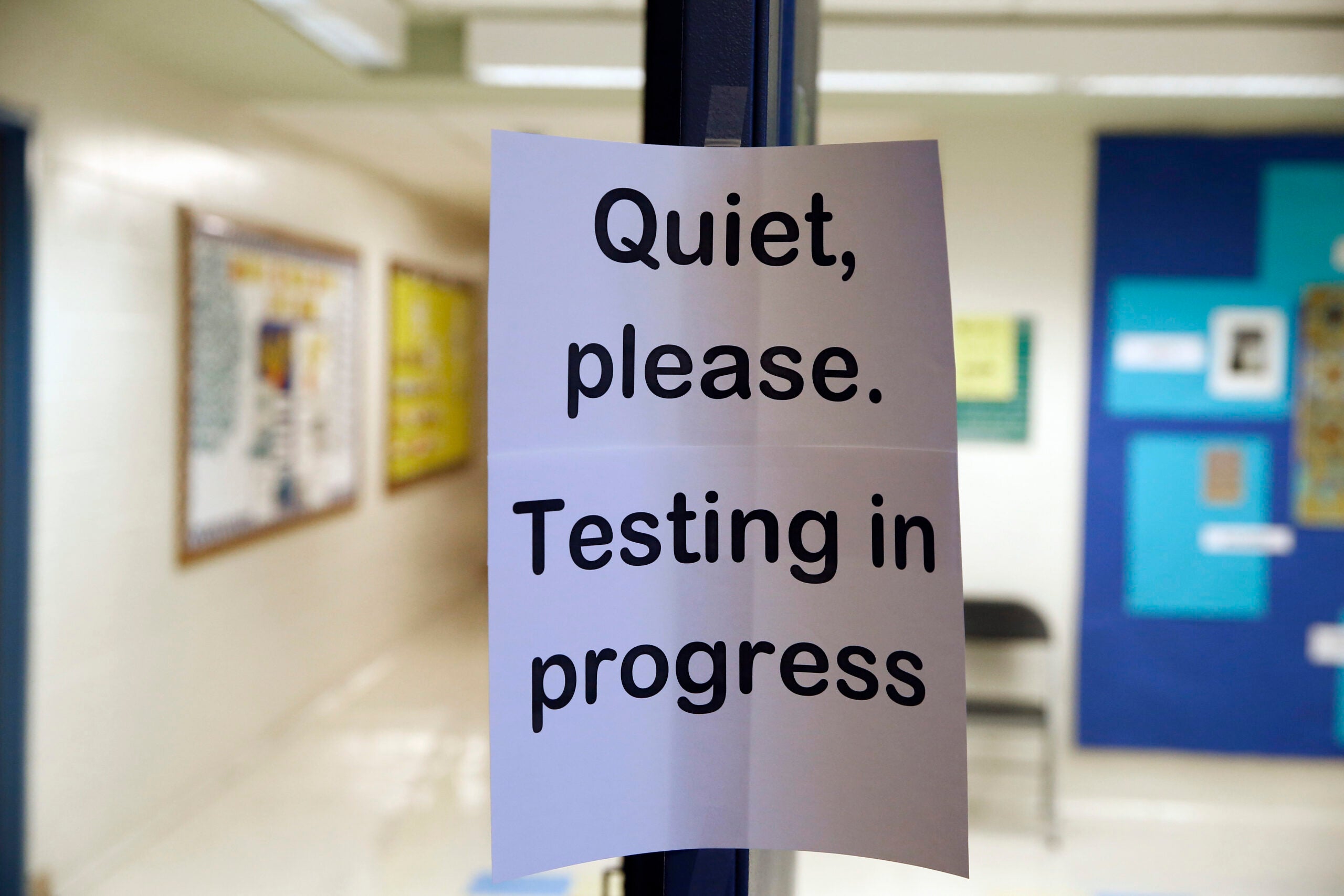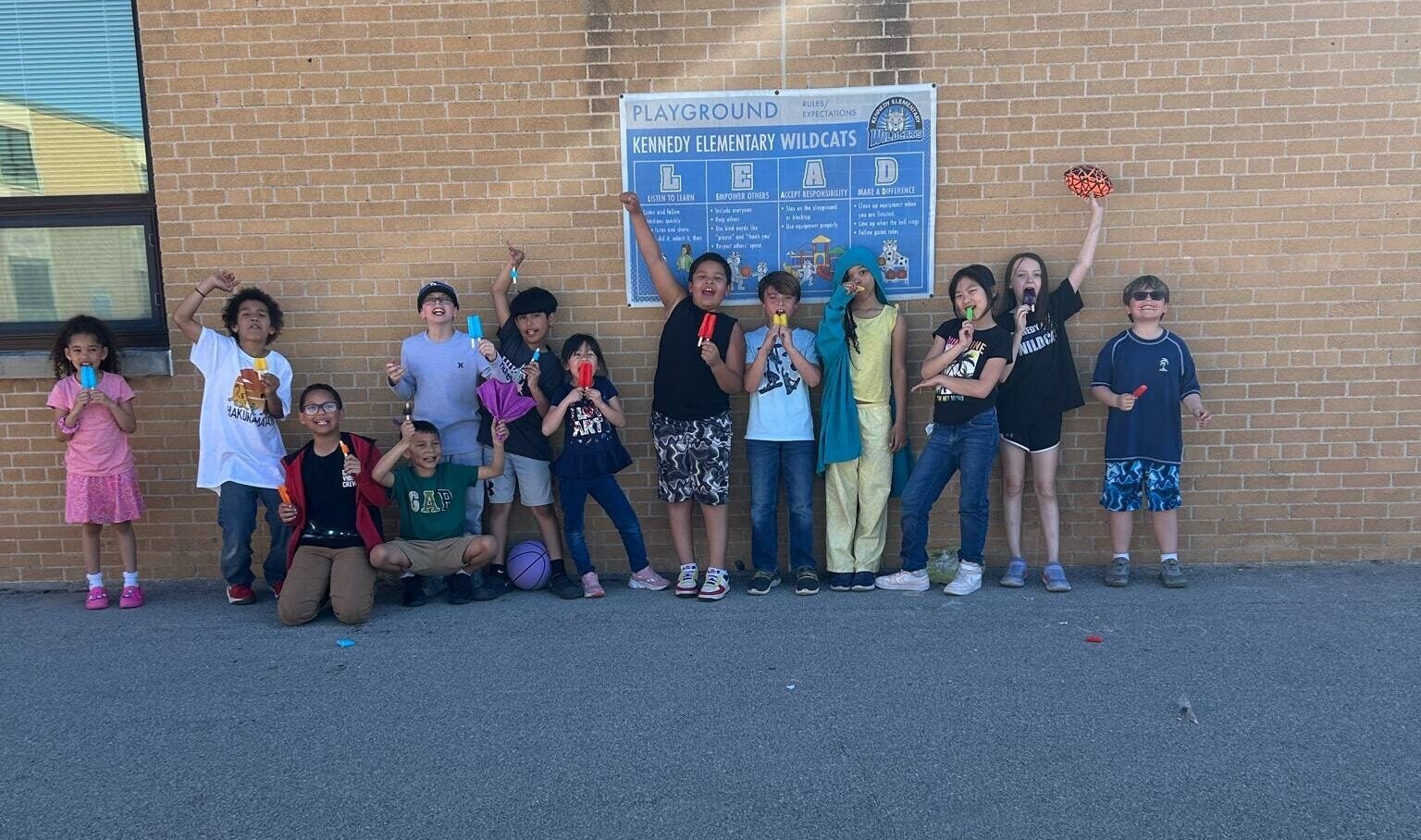School districts around the country have seen higher numbers of students failing classes or otherwise struggling in school as the COVID-19 pandemic has brought disruptions to classrooms.
Wisconsin doesn’t have statewide data that puts numbers to children’s learning difficulties since COVID-19 shut down schools in March, but anecdotally, both teachers and families around the state have described learning loss over the spring closure and additional difficulties for students who are struggling with virtual learning.
One teacher in rural Wisconsin said on WPR’s “The Morning Show“ that 17 of her 40 juniors in high school aren’t on track to graduate. State Department of Public Instruction Deputy Superintendent Mike Thompson said on “The Morning Show” that the state is trying to figure out how to help.
News with a little more humanity
WPR’s “Wisconsin Today” newsletter keeps you connected to the state you love without feeling overwhelmed. No paywall. No agenda. No corporate filter.
“This virus has been the biggest disruption in education that we historically have ever had,” he said. “We don’t have all the answers in how to make sure that we get kids across that finish line, but we’re working towards that.”
Thompson said DPI officials are looking for ways to accelerate children’s learning during and after the pandemic and focusing on the core concepts students need to know in order to prepare for the next grade. “Core concepts” has been a common refrain for teachers, administrators and other educational staff who are looking for ways to help students make up some of their lost ground within the year — some school districts even stripped their summer school offerings down to focus on math, reading and English concepts that students would need for the next grade, and might not have been able to retain as well in the chaos of closure last spring.
Thompson also said DPI has a state budget request to help with this effort, which would provide a 10 percent increase in funding. Thompson said the increase would help address some of the inequalities in students’ learning outcomes and resources that were brought to the surface as a result of school closures and changes over the past several months.
“The pandemic has exposed a lot of inequities of certain students having access to resources and services — we hope this budget can help close that gap,” he said. “This is not going to magically reduce and get rid of all the changes that they face, but it’s a step.”
Whether the budget actually provides for increased funding to schools is up to lawmakers, who are scheduled to convene in January to hash out a two-year budget. Although Wisconsin’s reserve funding might cushion the blow of the COVID-19 pandemic and resulting recession, education advocates worry the next budget will bring cuts, not an increase.
Wisconsin Public Radio, © Copyright 2025, Board of Regents of the University of Wisconsin System and Wisconsin Educational Communications Board.







